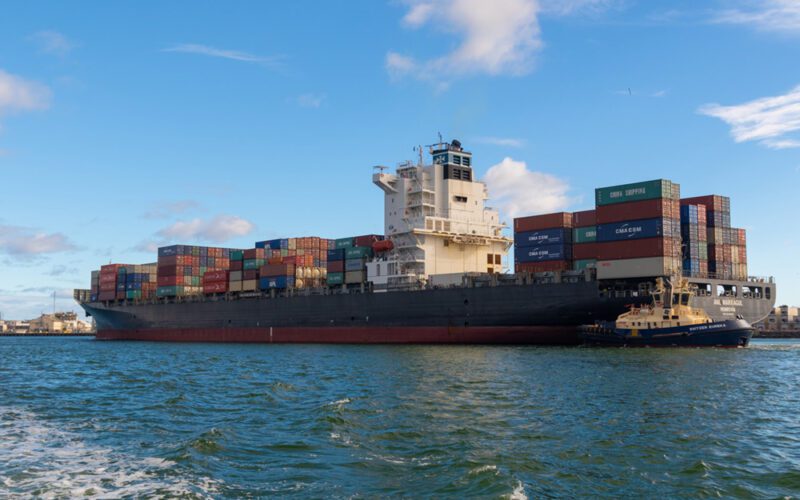A coalition of global shipping stakeholders and the Government of Nigeria and have launched a new strategy to end piracy, armed robbery and kidnapping in the Gulf of Guinea, the International Chamber of Shipping announced July 11.
The newly launched strategy was developed by the International Chamber of Shipping (ICS), BIMCO, Intertanko, Intercargo, Oil Companies International Marine Forum (OCIMF), and representatives of the Nigerian Navy and NIMASA, together making up the Nigerian Industry Working Group (NIWG).
The strategy, according to the ICS, establishes a mechanism to periodically assess the effectiveness of country-piracy initiatives and commitments in the Gulf.
“Targeted at all stakeholders operating in the region, it will identify areas of improvement and reinforcement in order to eliminate piracy,” the Chamber said in a statement.
The plan is split into two sections: actions that can be overseen by the NIWG; and actions that require engagement with other regional and international partners.
“The strategic ambition of the coalition,” the ICS stated, “is to eliminate piracy in the (Gulf of Guinea), to secure trade routes, reassure traversing crews, and support local communities.”
Piracy activity in the GoG has posed a severe threat to seafarers and local communities for over a decade. In 2020, 40% of piracy attacks, and 95% of crew kidnappings occurred in the region. However, attacks decreased by nearly 60% in 2021, following increased international counter-piracy operations in the Gulf and the establishment of a Nigerian Navy and Nigerian Maritime Safety Agency (NIMASA) anti-piracy project known as Deep Blue.
“Working collaboratively with state and non-state actors, the maritime industry’s various critical players and stakeholders have highlighted key areas where they can make collective improvements,” NIMASA Director General Bashir Jamoh said. “This strategy is an important step in codifying joint efforts to sustain maritime security in the Gulf of Guinea. It will be an important tool to monitor our progress.”
ICS Secretary General Guy Platten added that the agreement demonstrates the strong relationship between the shipping industry and Nigeria, and their shared commitment to eradicating piracy in the Gulf of Guinea.
“The strategy is already identifying successes and areas in which further improvement will continue to reduce the capability of pirates to attack innocent seafarers in the region,” he said.
David Loosley, Secretary General and CEO of international shipping association BIMCO, called the joint counter-piracy strategy the welcome result of productive dialogue between Nigerian authorities and industry partners.
“The long-term success of the joint strategy relies on establishment of structures and incentives which will stimulate a sustainable change in the Niger Delta pirates’ behavior,” he added.
“The agreement on the Gulf of Guinea Strategy marks a significant point in the fight against piracy and insecurity in this region,” said Katharina Stanzel, managing director of Intertanko, the International Association of Independent Tanker Owners. “Seafarers have borne this burden for too long and this agreed strategy, with its associated KPIs (key performance indicators) will assist in making their time on ships in the area safer and more secure.”

